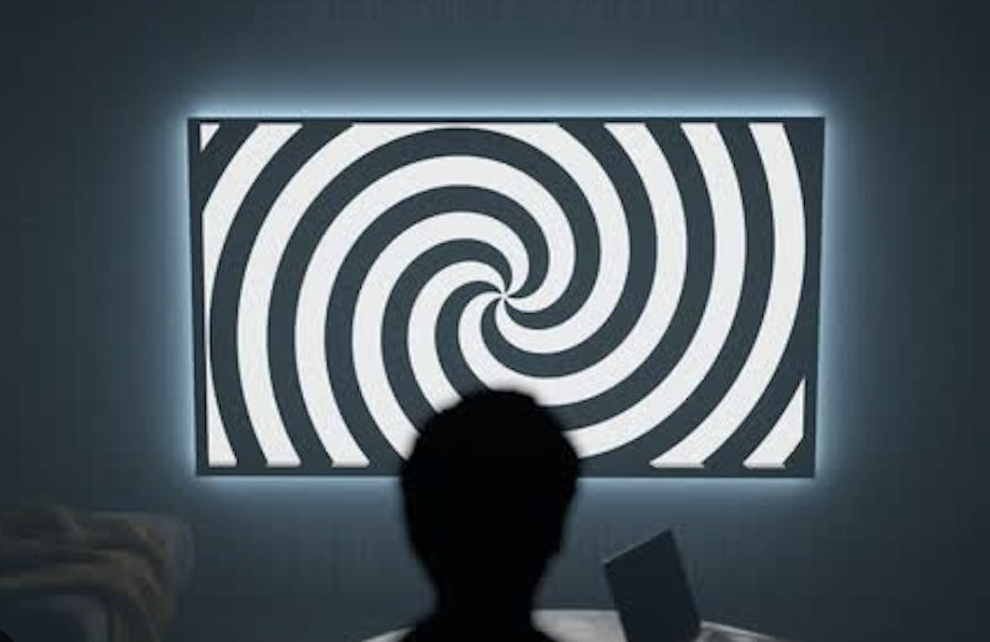Is It Bad Faith Or A 'Fog Of Ideology And Error'?

I believe in my bones that failing to identify a person's bad-faith arguments is the missing ingredient in our deteriorating, endlessly confusing, and ultimately futile 21st century cultural and political discourse.
Those on the left – far more prone to earnestly believe in causes and to (foolishly) assume everyone operates similarly – can be driven to the brink of madness if they do not accept the geyser of bad faith springing from the right. You've done it, I've done it, we've all done it: Present information and sourcing and all manner of proof that you are, in fact, correct, and they are, in fact, incorrect, only to be rebuffed. You battle to a draw and you're left to stew in your boiling pot of frustration and impotence, exhausted and aggitated. The question arises: Why even try?
It's exhausting, this need – again, mostly among liberals and leftists – to engage in an unwinnable Battle Of Ideas. It's a conflict rigged from the start because you're arguing with someone who claims to believe something they do not actually believe. If good faith is useless and bad faith is nihilistic, we're left with no faith – an outright refusal to engage with those claiming to believe things they cannot possibly believe (more guns will stop mass shootings, abortion is unsafe, the COVID vaccine has killed millions, things of that nature).